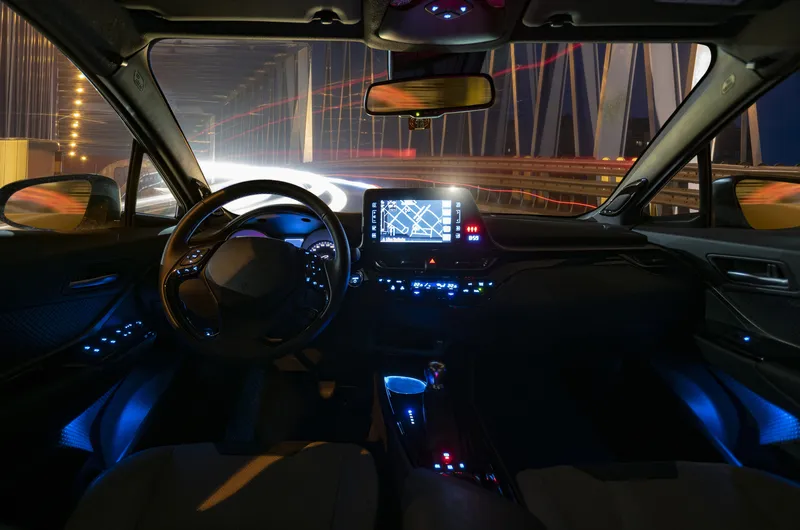The Volvo 7900 Electric single-decker bus can carry approximately 80 passengers and is the first of two buses being trialled at the NTU’s Centre of Excellence for Testing and Research of Autonomous vehicles (CETRAN) before being extended beyond the campus.
CETRAN is staffed by NTU scientists and features a track which replicates various aspects of Singapore’s urban road conditions, such as traffic signals, dense traffic, multiple bus stops and pedestrian crossings. It also features tropical weather conditions such as driving through heavy rain and partially-flooded roads.
The bus is equipped with a range of sensors and navigation controls managed by the Volvo Autonomous Research Platform software, an artificial intelligence (AI) system. This includes light detection and ranging sensors (lidars), stereo-vision cameras that capture images in 3D and an advanced global navigation satellite system that uses real-time kinematics.
NTU says this global positioning system uses multiple data sources to give pinpoint accuracy of up to 1cm.
Additionally, the system is hooked up to an ‘inertial management unit’ to help improve navigation when going over uneven terrain and around sharp bends.
The AI system also ensures safety with advanced cyber-security and firewall measures to prevent unwanted intrusion, the university adds.
Volvo’s second electric bus will undergo tests at a bus depot managed by public transport operator
This partnership is part of the collaboration between the University and
Lam Wee Shann, chief innovation and technology officer for Singapore’s LTA, says the on-road trials are an ‘important milestone’ in the joint project between LTA and NTU in developing autonomous buses for fixed routes and scheduled services.
“It is in line with Singapore’s vision of deploying autonomous vehicles to improve accessibility and connectivity for commuters,” Shann adds.
The video below shows the Volvo 7900 Electric single-decker bus operating at the NTU campus.
Volvo tests autonomous electric bus on roads at Singapore campus
Volvo is trialling its 12m long autonomous electric bus on roads at the Nanyang Technological University (NTU) in Singapore ahead of an anticipated release onto public roads.
The Volvo 7900 Electric single-decker bus can carry approximately 80 passengers and is the first of two buses being trialled at the NTU’s Centre of Excellence for Testing and Research of Autonomous vehicles (CETRAN) before being extended beyond the campus.
CETRAN is staffed by NTU scientists and features a track which replicates var
March 7, 2019
Read time: 3 mins









